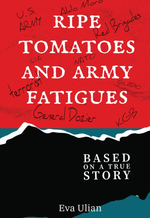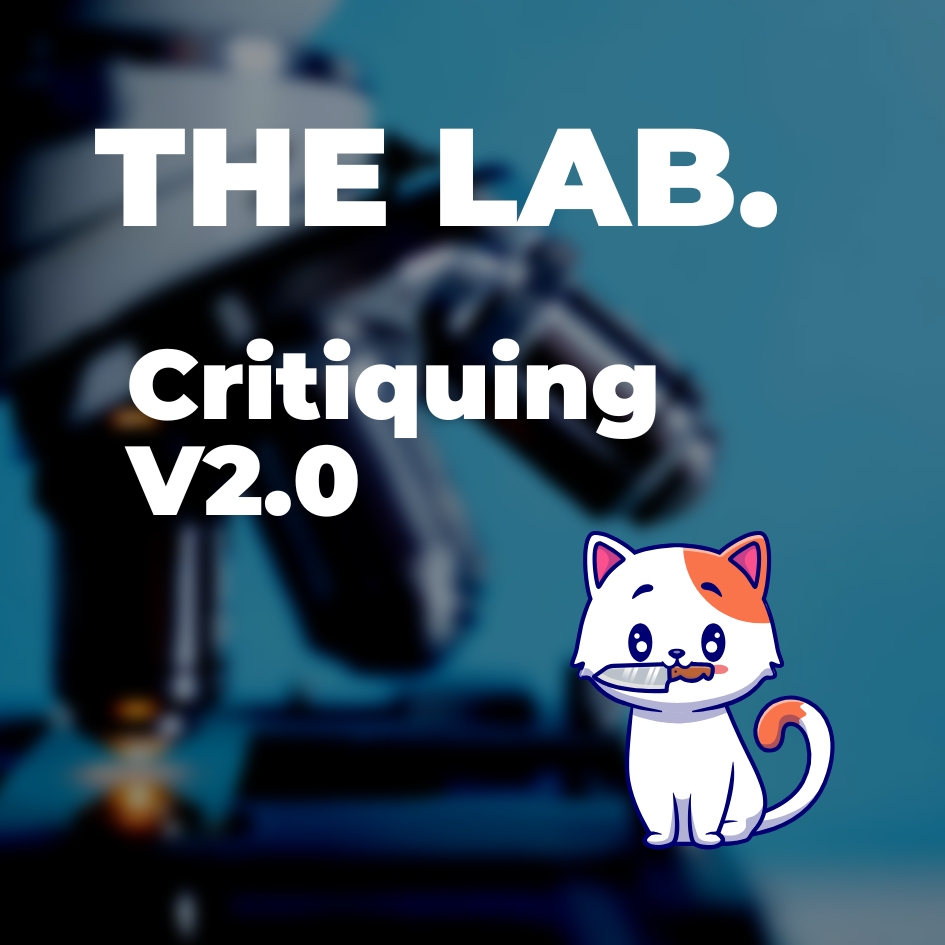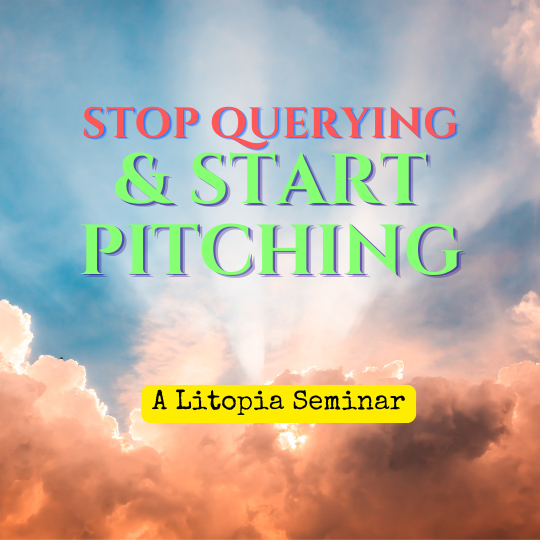Almost a decade late to the party, but I've recently finished Autumn and Winter by Ali Smith. I really loved them both. Compelling and slightly odd characters who despite (or maybe because of) a sense of distance, I really warmed to. I listened to them both on Borrowbox, wonderfully narrated by Melody Grove. Spring and Summer are next in the series, but have a different narrator which is a shame. I will get to them eventually.
Meanwhile, on recommendation from @Rachael Burnett, I'm reading Fun Home by Alison Bechdel and concurrently (though not simultaneously) listening to Orlando read by Clare Higgins.
I've read Orlando before - as a teenager - and re-read parts of it more recently as research for my first novel. I have mixed feelings about it which are born out in the argument between my main characters. As I listen to it now, I can feel Neil getting excited about the nature of writing and change, and Hannah feeling exasperated by the too-detailed description of the opulence of Orlando refurnishing his stately home. 'It's not the gender swap I have a problem with, it's the aristocracy,' says Hannah.
I'm enjoying the re-listen, though. There's more fun in it than I remember.
Meanwhile, on recommendation from @Rachael Burnett, I'm reading Fun Home by Alison Bechdel and concurrently (though not simultaneously) listening to Orlando read by Clare Higgins.
I've read Orlando before - as a teenager - and re-read parts of it more recently as research for my first novel. I have mixed feelings about it which are born out in the argument between my main characters. As I listen to it now, I can feel Neil getting excited about the nature of writing and change, and Hannah feeling exasperated by the too-detailed description of the opulence of Orlando refurnishing his stately home. 'It's not the gender swap I have a problem with, it's the aristocracy,' says Hannah.
I'm enjoying the re-listen, though. There's more fun in it than I remember.




